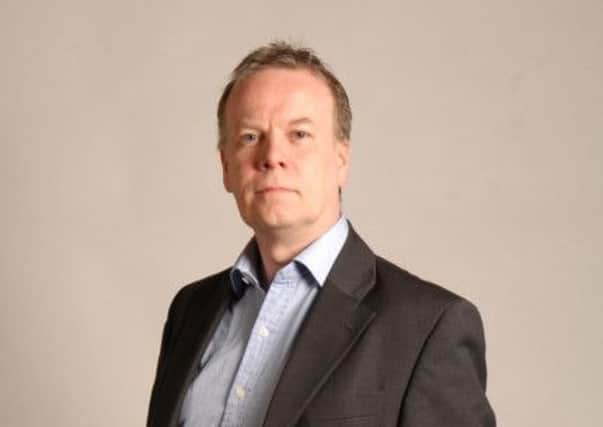Comment: Investors putting trust in M&S revival


Whether there will be enough of a revival to stem the flow of store closures is another matter and some pockets of weakness remain both in Scotland and further afield.
As usual, performance is mixed. Next produced a decent set of quarterly figures yesterday to push the stock to the top of the FTSE 100 index and lift expectations ahead of the key Christmas trading period.
Advertisement
Hide AdAdvertisement
Hide AdOn Monday all eyes will be on bellwether stock Marks & Spencer which is pinning hopes on its crucial autumn/winter collection. The new ranges were well received at their launch in May and, backed by a new advertising campaign, have been heavily promoted as chief executive Marc Bolland continues to seek ways of reviving the chain’s fortunes.
Not only has he revamped the stores and product lines, he has brought in new management to develop and oversee big changes. Investors will pass their verdict when interim results are released.
Analysts at Shore Capital have noted “uninspiring trading” from Debenhams and Matalan, but early indications are that M&S may have picked up and although the mild autumn weather has held back sales of coats, hats and scarfs, the decline in womenswear sales may be slowing.
Weir boss makes the case for shale gas
KEITH Cochrane’s address to an audience of engineers last night provided a largely unconditional degree of support to the nascent but controversial shale gas industry.
The chief executive of Weir Group spelled out to what was probably a group of largely supportive professionals the importance that shale can play in the sector.
By drawing on Scotland’s – and in particular Aberdeen’s – capacity for innovation, Cochrane appealed to the country’s pioneers to help lead another “energy revolution”.
The shale industry is subject to much emotive conflict, given its association with fracking techniques that are criticised for their alleged environmental damage.
For Cochrane to enter this debate publicly and to insist on a distinction between assertion and scientific facts will add some commercial weight to the arguments in favour of developing shale gas.
Advertisement
Hide AdAdvertisement
Hide AdAs he says, it will not be the answer to all the country’s energy needs, but could be an important contributor. It was a key element in Ineos’s survival plan for the Grangemouth petrochemical plant which is running out of its conventional gas source in the North Sea. Importing shale gas will reduce costs and help in restoring the plant to profitability.
Weir clearly sees it as considerable source of revenue in the US where it has been mopping up businesses, and as a potential driver of growth in the UK.